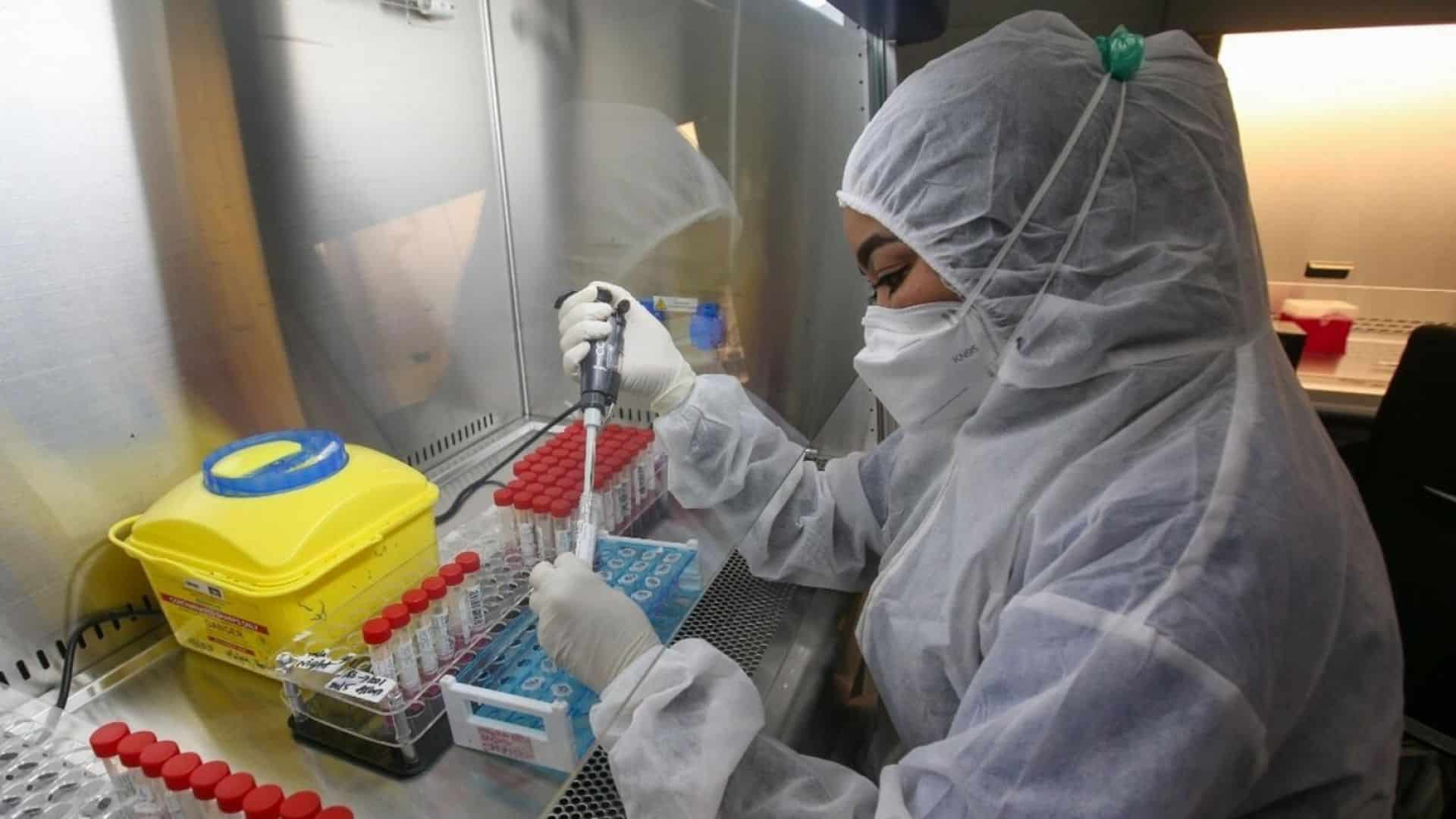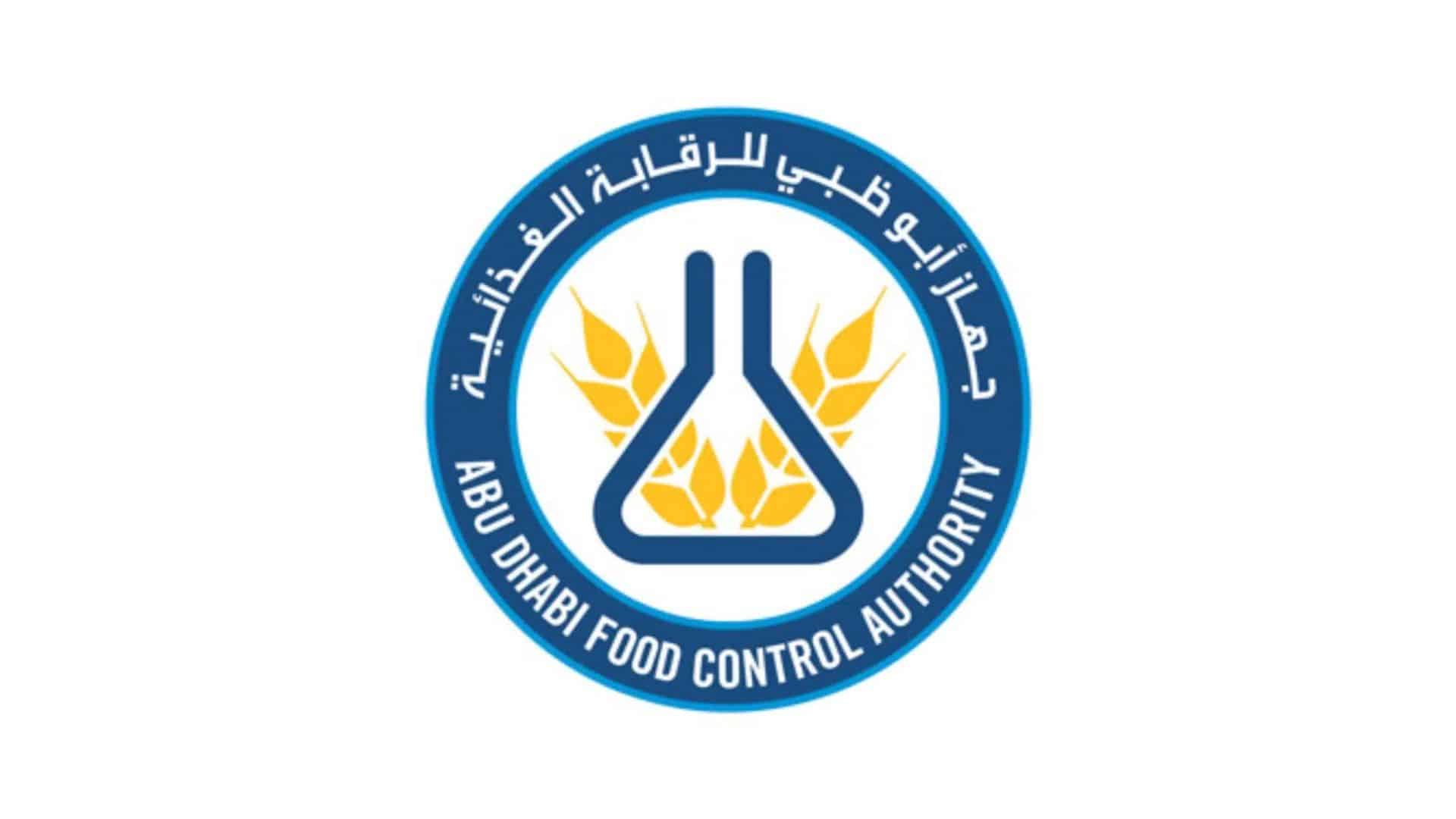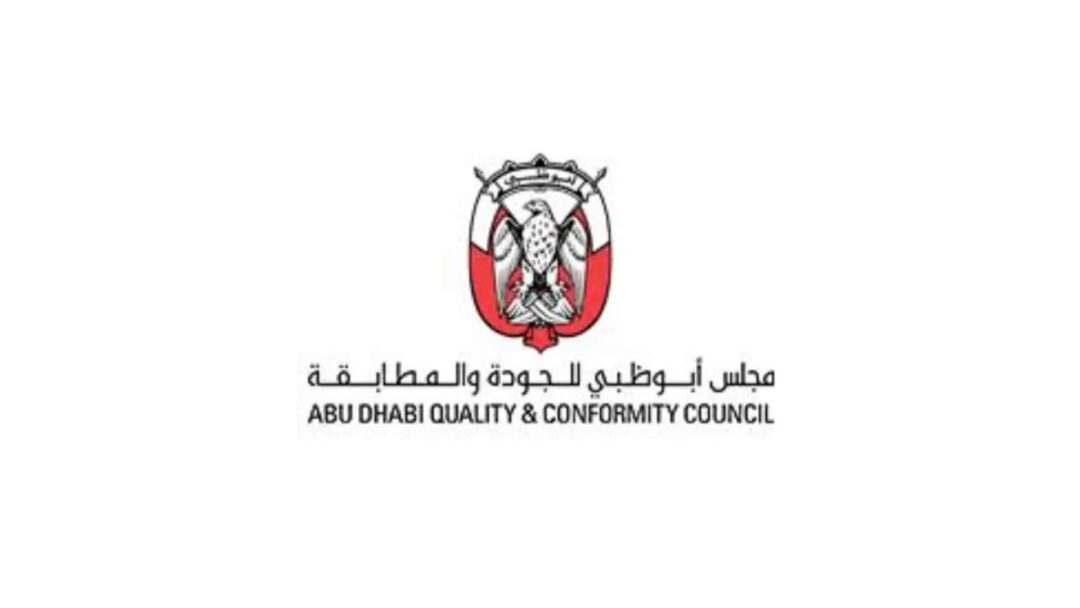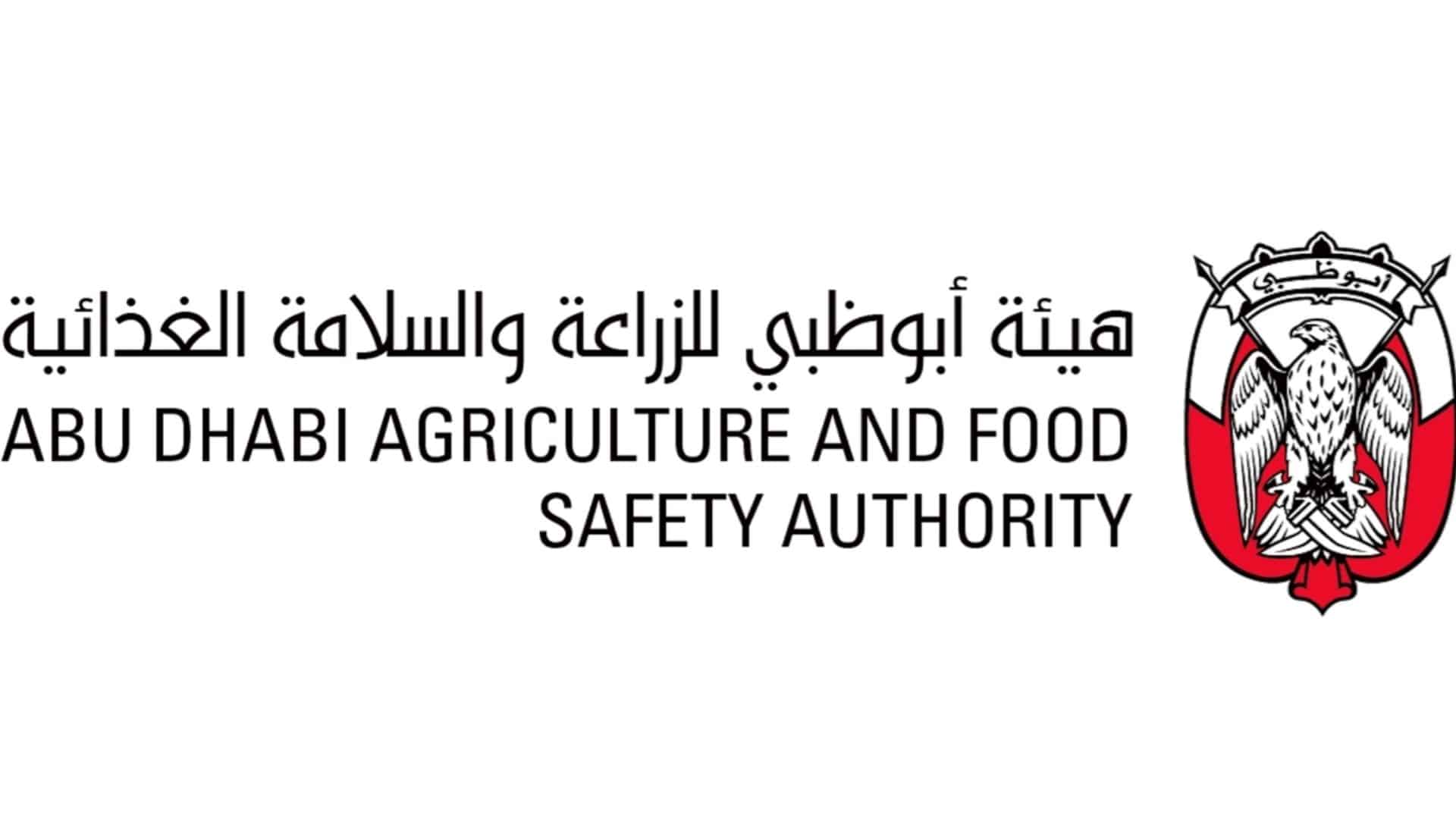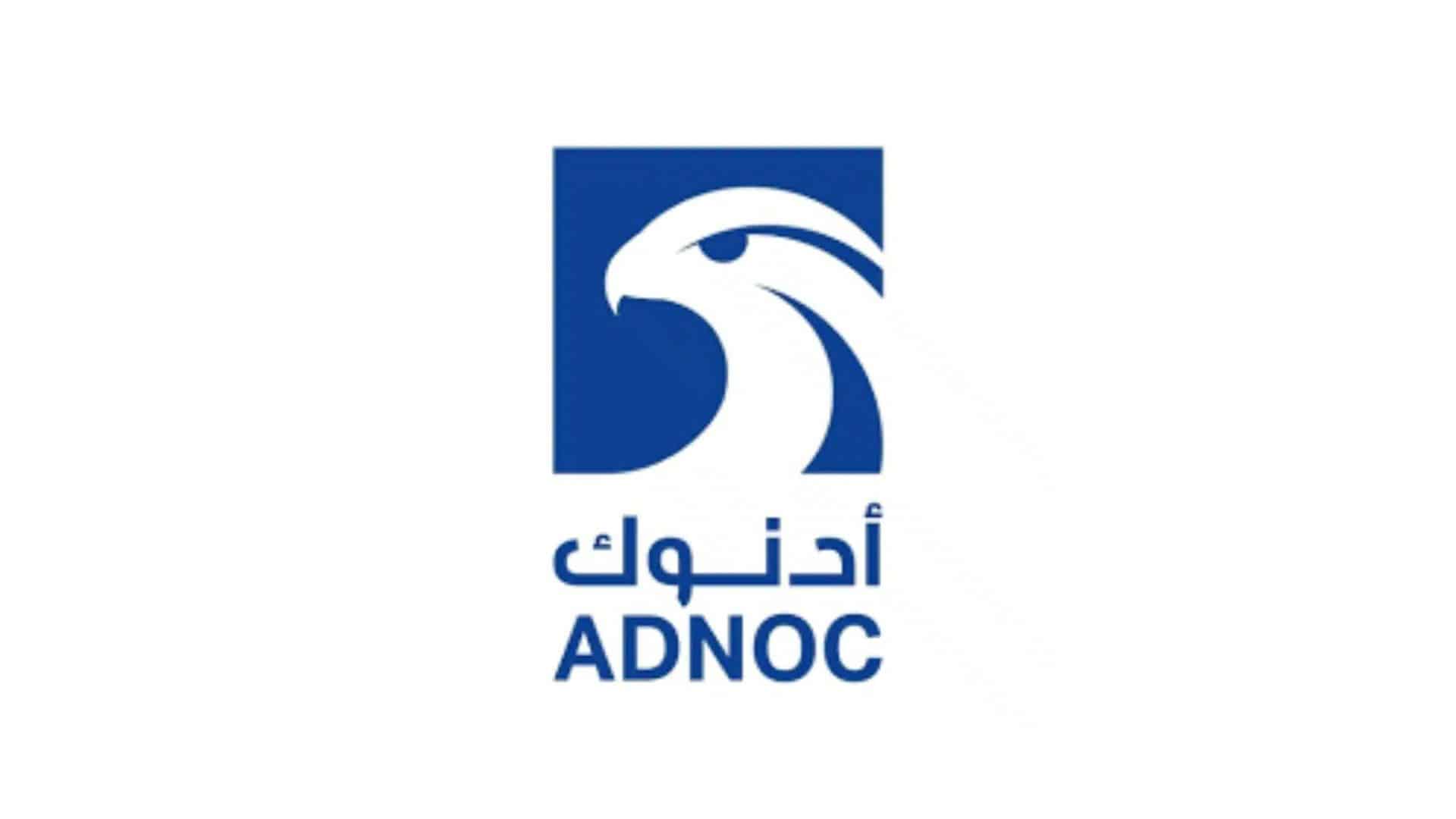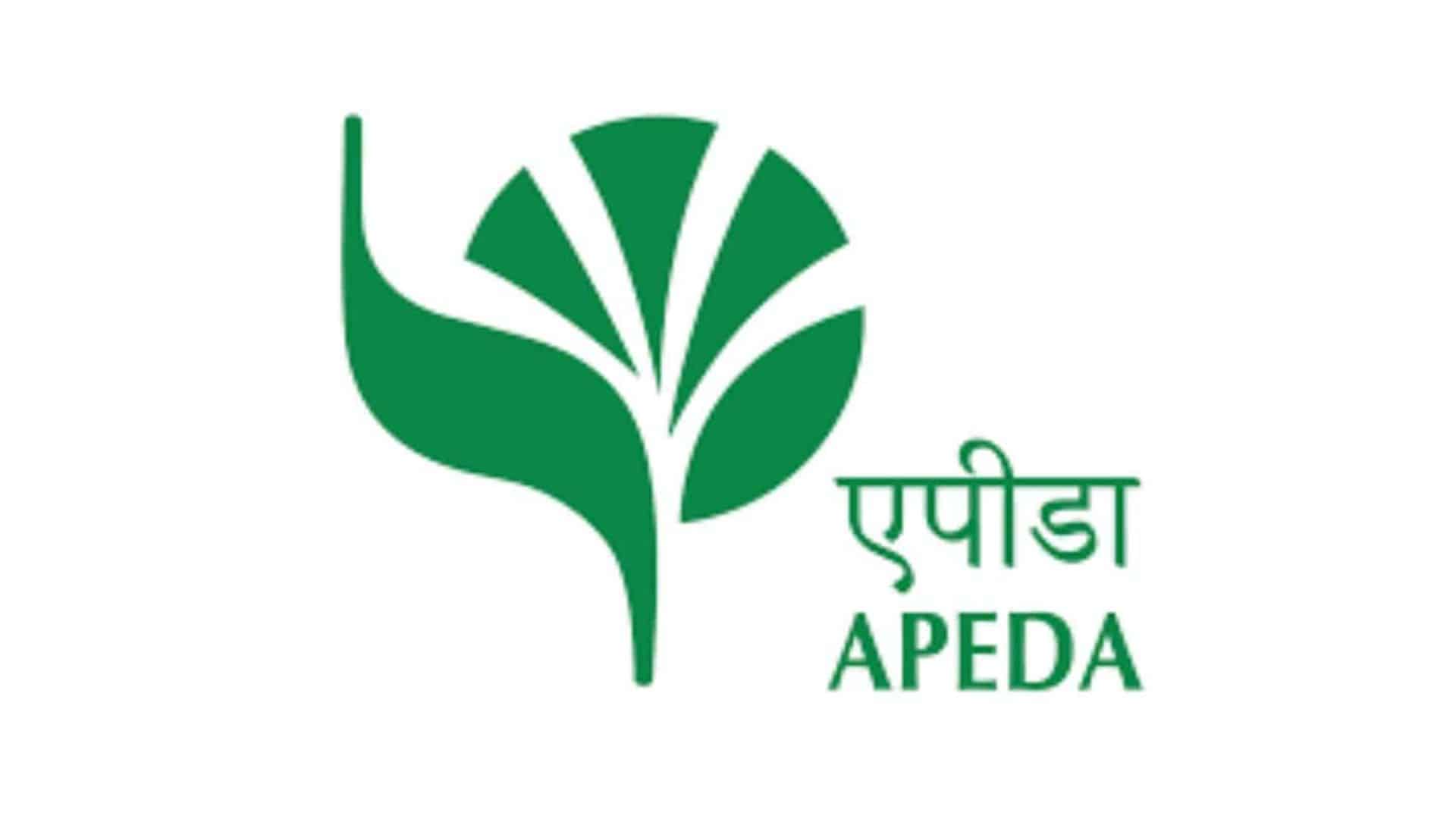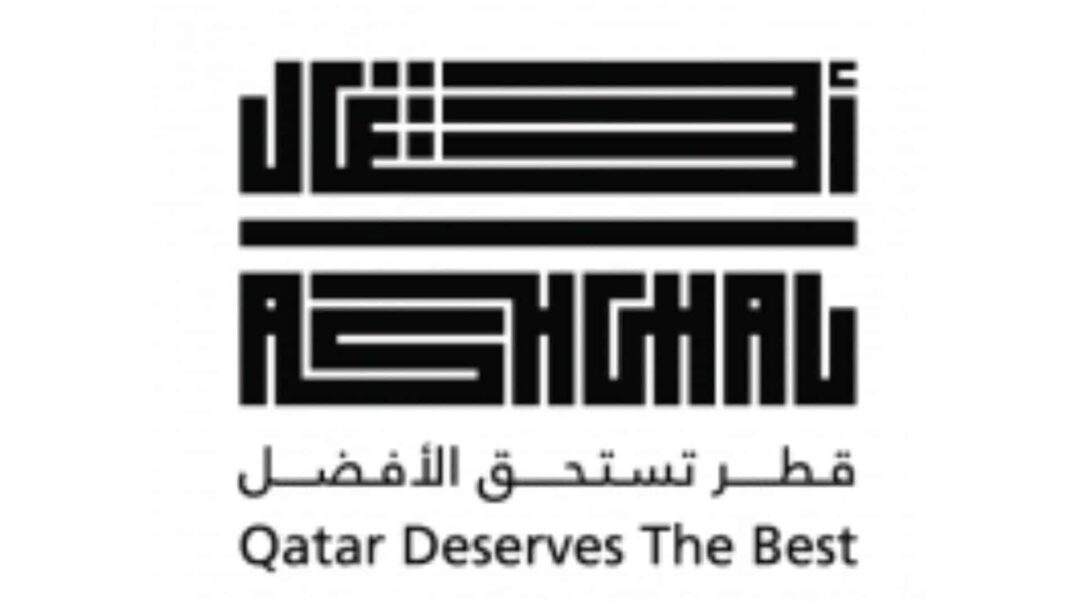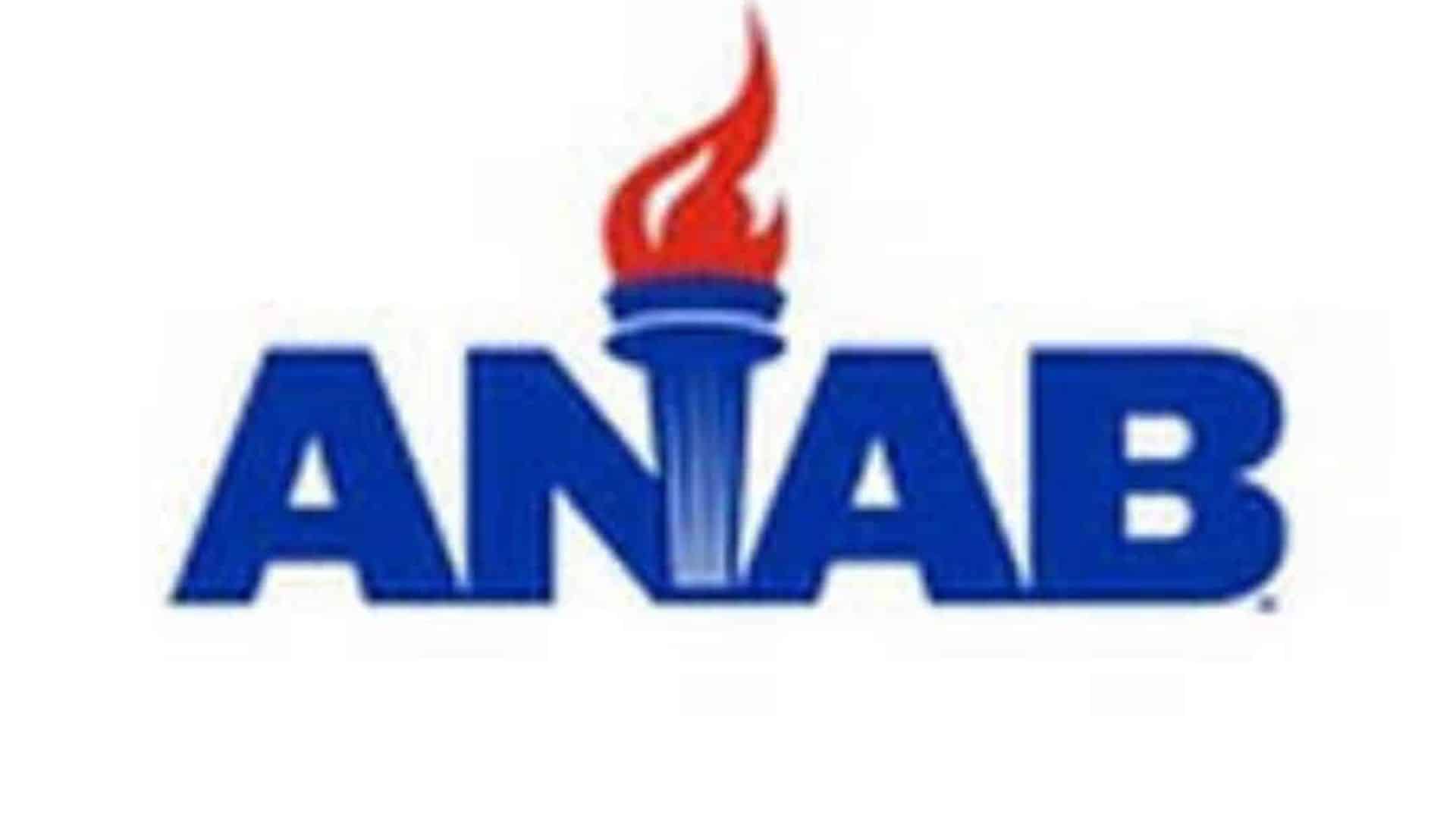METS lab is one of the leading fire testing labs in UAE. We are accredited to carry out the fire testing you need to get your products certified for your destination market.
International Fire Testing Standards which METS follows :
- ASTMD635- Standard test method forrate of burning and/or extent and time of burning of plastics in a horizontal position.
- ASTMD1929- Standard test method for determining ignition temperature of plastics.
- ASTMD3801- Standard test method for measuring the comparative burning characteristics of solid plastics in a vertical position.
- ASTME84- Standard test method for surface burning characteristics of building materials.
- ASTME136- Standard test method for assessing combustibility of materials using a vertical tube furnace at 750°c
- ASTME2652- Standard test method for assessing combustibility of materials using a tube furnace with a cone-shaped airflow stabilizer, at 750°c
- ASTME2768- Standard test method for extended duration surface burning characteristics of building materials (30 min tunnel test)
- BS476-4- Fire tests on building materials and structures- part 4: Non-combustibility test for materials
- BS476-6- Fire tests on building materials and Method of test for fire propagation for products
- IEC60695-11-10- Fire hazard testing – Part 11-10: Test flames – 50 W horizontal and vertical flame test methods.
- IEC60695-2-10- Fire hazard testing: Glowing/Hot-wire Based Test Methods – Glow-wire Apparatus and Common Test Procedure
- IEC60695-2-11- Fire hazard testing – Part 2-11: Glowing/hot-wire based test methods – Glow- wire flammability test method for end products (GWEPT)
- IEC60695-2-13- Fire hazard testing – Part 2-13: Glowing/Hot-wire based test methods – Glow- wire ignition temperature (GWIT) test method for materials
- IEC62115- Electric toys – Safety only Clause 2.2 Resistance to fire non-metallic parts
- ISO1182- Reaction to fire tests for products — non-combustibility test
- UL-94- Standardfor safety of flammability of plastic materials for parts in devices and appliances testing.
- UL 723- Test for surface burning characteristics of building materials.



